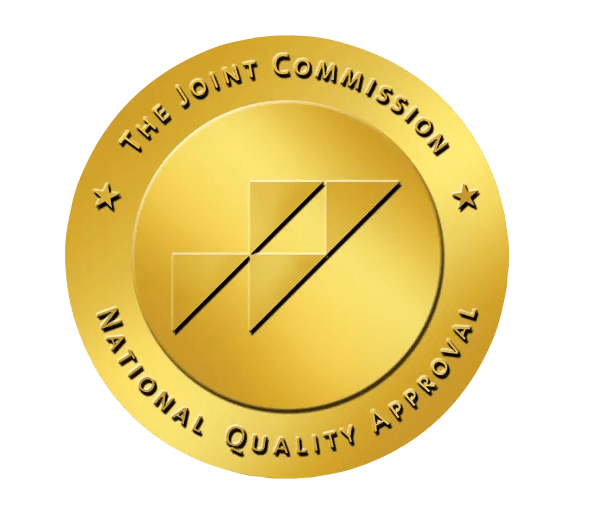Opioid Overdose Signs and Symptoms
Over 130 people die from opioid-related overdoses every day. This is an extremely sad and alarming statistic, but opioid overdose prevention is possible. If you believe a friend or a loved one is at risk for opioid overdose, you need to be aware of the signs and symptoms.
What Are Opioids?
Opioids are a class of pain medications. They work by blocking pain messages that are sent from the body to the brain. They are most often prescribed when someone has pain after a surgery, an accident, or is in pain due to a condition such as cancer.
Opioids include but aren’t limited to:
- Codeine
- Fentanyl
- Heroin
- Hydrocodone (also known as Vicodin, Norco, Lortab)
- Morphine
- Oxycodone (also known as Oxycontin)
Signs and Symptoms of an Opioid Overdose
An opioid overdose can be very dangerous and even deadly. Fortunately, many are not fatal if they are treated medically immediately. Knowing the signs and symptoms of an opioid overdose can potentially save the life of a loved one. It can also better prepare you to help them in case of an emergency.
An overdose can often be spotted through a combination of signs and symptoms called the “opioid overdose triad.” These include:
- Pinpoint pupils
- Unconsciousness
- Respiratory depression – which is very slow breathing
It is also possible to have other symptoms such as shallow breathing, slowed heart rate, pale or clammy skin, limp body, or vomiting.
If you notice someone has any of the sign or symptoms above, you should immediately call 911.
Risk Factors for Opioid Overdose
Some people may assume that an opioid addiction or overdose won’t occur if it is prescribed. Unfortunately, this is not true. Anyone can abuse opioids. Many people who abuse opioids first started with a prescription. Individuals who are prescribed an opioid and use it as directed may not have any side effects. However, if someone is abusing, there are signs and symptoms of opioid abuse that one can watch out for. Here’s a brief overlook of some signs of opioid abuse:
- Mood swings
- Changes in personality
- Low energy levels
- Loss of interest in daily activities and responsibilities
- Increase in dosage
- Drug-seeking or “doctor shopping”
Dangers of Opioid Abuse
Opioids can be used safely for short periods under the care of a physician. However, they are highly addictive and using them comes with risks. Over time, opioids can change the way your brain works. They can make your brain and body believe that the opioid is needed to survive, leading to taking more and higher doses.
Seeking Treatment
Treatment for an opioid overdose is based on the individual’s condition. After seeking medical treatment right away, an individual that has overdosed will need to go through detoxification and seek a drug rehabilitation program.












